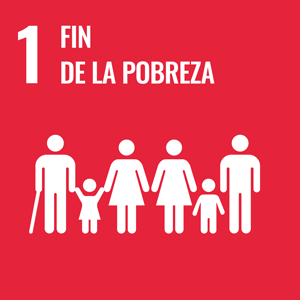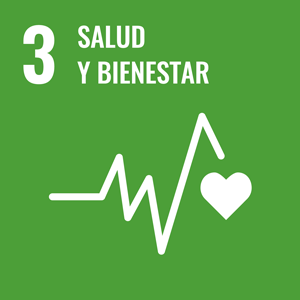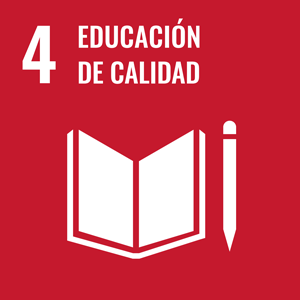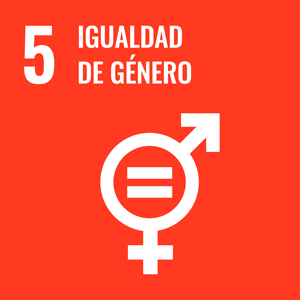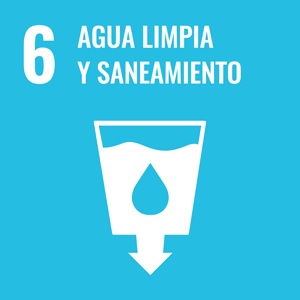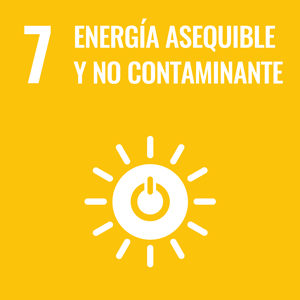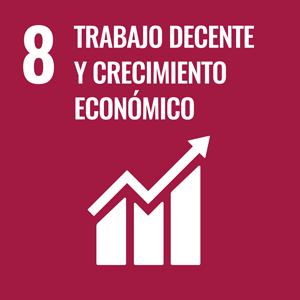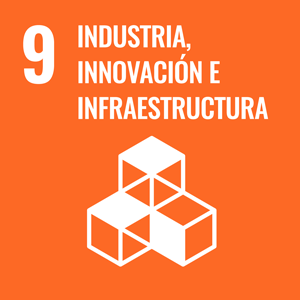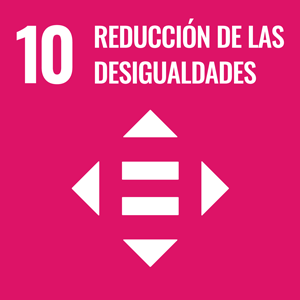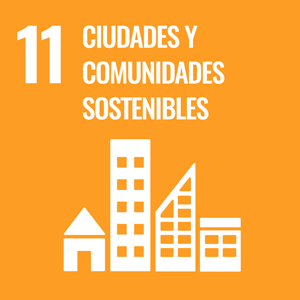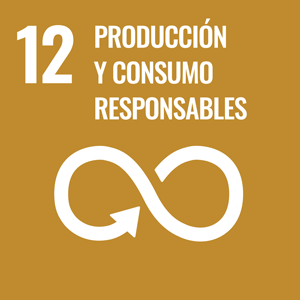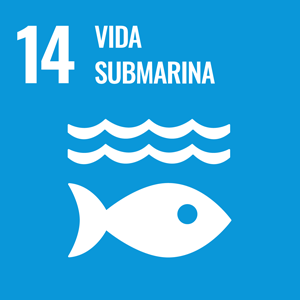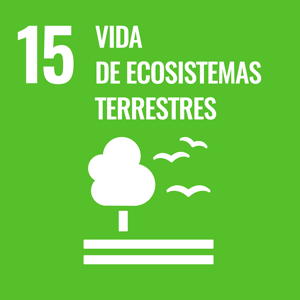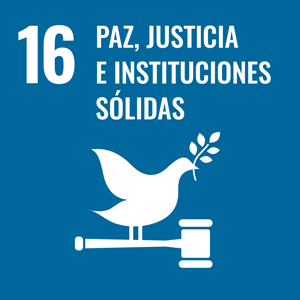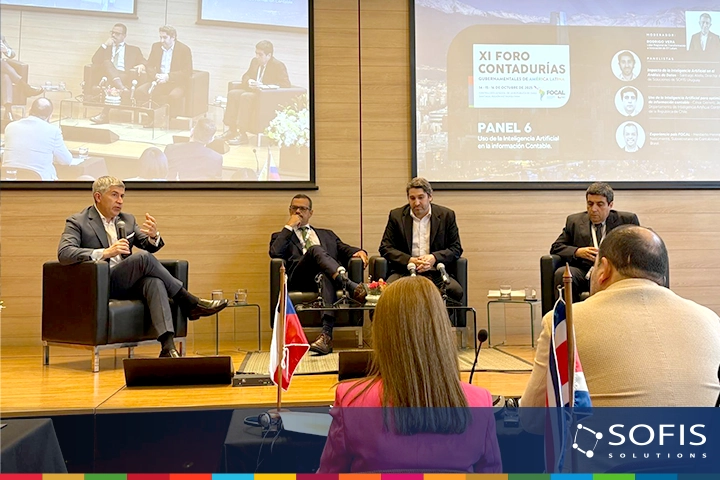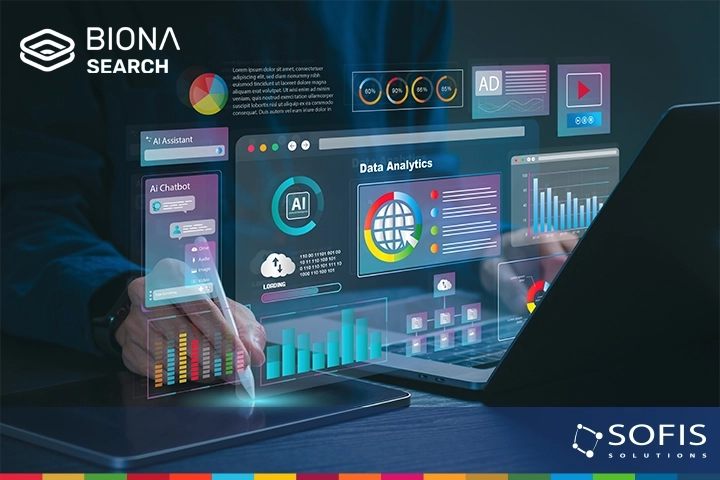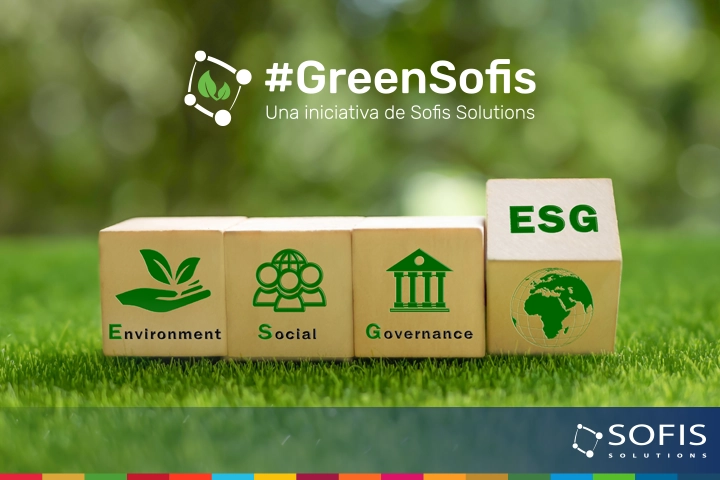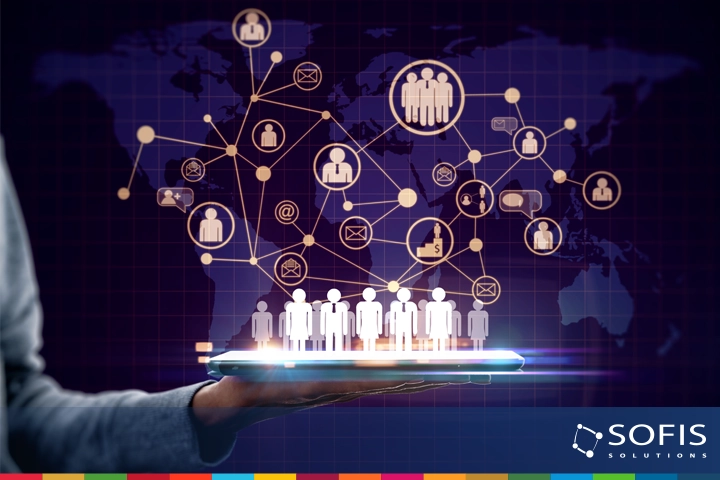-
Who we are
-
-
StrategyMission
To solve the challenges of organizations and communities through intelligent, secure, sustainable, and people-centered solutions, so they generate real value in their social and productive contexts.
VisionTo be the chosen company by organizations seeking to innovate with quality, purpose, and trust in the intelligent era.
Learn moreValues- Ethics and transparency
- Professionalism
- Respect
- Honesty
- Innovation
- Responsibility
- Effectiveness
- Integrity
- Customer orientation
- Punctuality
-
-
-
History
Sofis Solutions was born in 2005, in the city of Montevideo - Uruguay.
Since its inception, the main driver was and remains quality. This applies to processes, products, and relationships with the environment.The internationalization of the company It was one of the founding objectives. In the first stage, it expanded from Uruguay, and in the second stage, it opened offices in Latin American countries. Currently, it has offices in Montevideo, Panama, El Salvador and Ecuador.
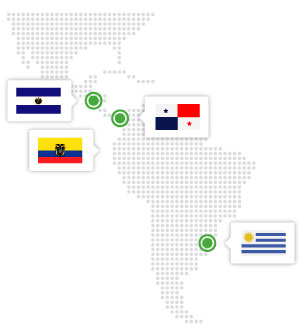
-
-
-
Alliances





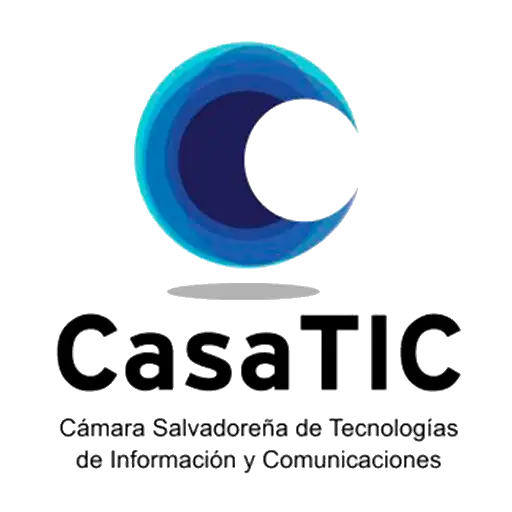


-
-
-
Certifications

CMMI-DEV-3
More informationNational Quality Award - 2023 Edition
More informationISO 9001:2015
Quality Management SystemISO 37001:2016
Anti-Bribery Management SystemISO 14001:2015
Environmental Management System
-
-
-
SustainabilityLearn more
Sofis Solutions integrates environmental, social, and governance (ESG) principles into its management and operations, driving sustainability through Digital Transformation. Its strategic approach prioritizes energy efficiency, digital inclusion, and transparency in digital governance, contributing to the responsible development of organizations.
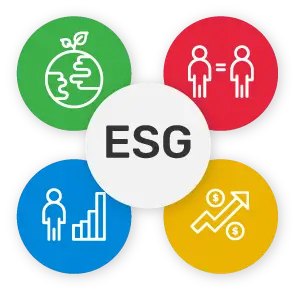
-
-
-
What we do
-
-
IT projectsLearn moreAt our Software Factory, we specialize in providing software development solutions with a focus on excellence and sustainability.
-
-
-
Software qualityOur software quality services comprehensively address the aspects or dimensions of software quality, addressing this approach throughout the entire software development cycle.
- Manual and automated functional suitability testing
- Performance testing
- Software product quality
- Software quality consulting
Learn more
-
-
-
Staff AugmentationLearn moreWhat is IT Staff Augmentation? IT Staff Augmentation is a specialized technical staffing model that enables organizations to increase their agility and respond to the changing technological needs of the market.
-
-
-
ConsultancyIn the public sector, strategic decisions and projects with citizen-centered designs and excellence have the power to transform entire communities.Learn more
-
-
-
BIonA SuiteBIonA Suite is a comprehensive platform for the intelligent management of processes and services in public and private organizations. BIonA Suite facilitates smart transformation with a focus on public value and user experience. Learn more
-
-
-
Projects
-
-
Recent projects
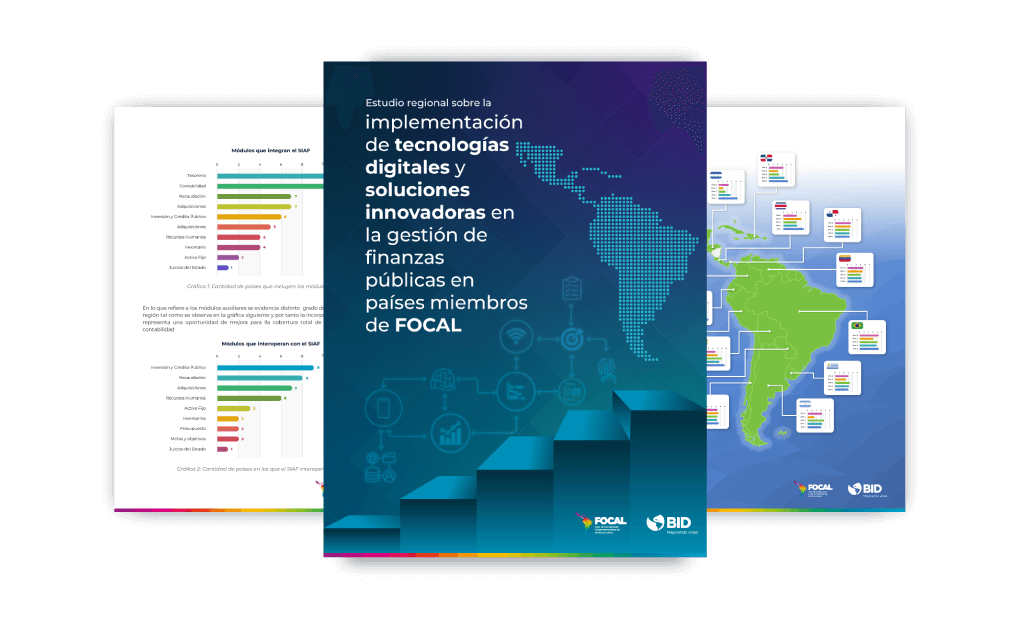 FOCAL Regional StudyFOCAL - El Salvador
FOCAL Regional StudyFOCAL - El Salvador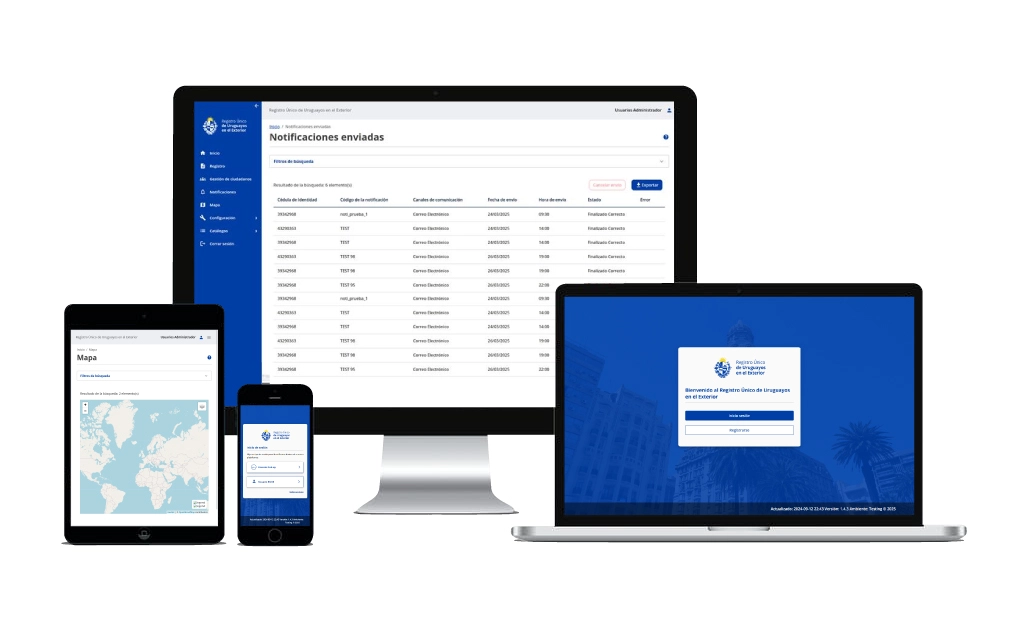 Single Registry of Uruguayans AbroadMinistry of Foreign Affairs - Uruguay
Single Registry of Uruguayans AbroadMinistry of Foreign Affairs - Uruguay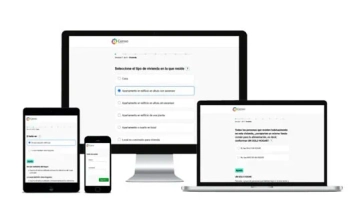 Population and Housing Census 2023National Institute of Statistics - Uruguay
Population and Housing Census 2023National Institute of Statistics - Uruguay
-
-
-
Digital Public InfrastructureWhat are Digital Public Platforms?ProjectsProducts
-
-
-
-
Mobile applicationsWe create hybrid, native, and PWA solutions for devices with Android and iOS operating systems.
Some of our projects:Digital Patrols, Ecuadorian Bovine Information System, Easy Budget UY, Digital Portfolio, SIGES Teachers App, SIGES Parents App.
Learn more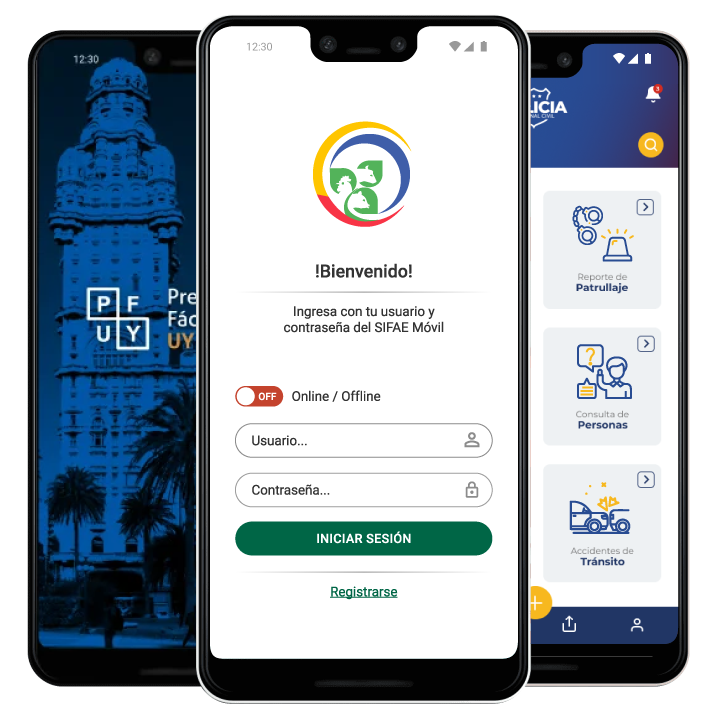
-
-
-
FOCAL regional studyThe purpose of the study was to carry out a regional analysis with the objective of identifying and evaluating the maturity level of the member countries of the Latin American Government Accounting Forum (FOCAL), currently composed of Argentina, Bolivia, Brazil, Chile, Colombia, Costa Rica, Ecuador, El Salvador, Guatemala, Honduras, Mexico, Nicaragua, Panama, Paraguay, Peru, Dominican Republic, Uruguay and Venezuela.Learn more
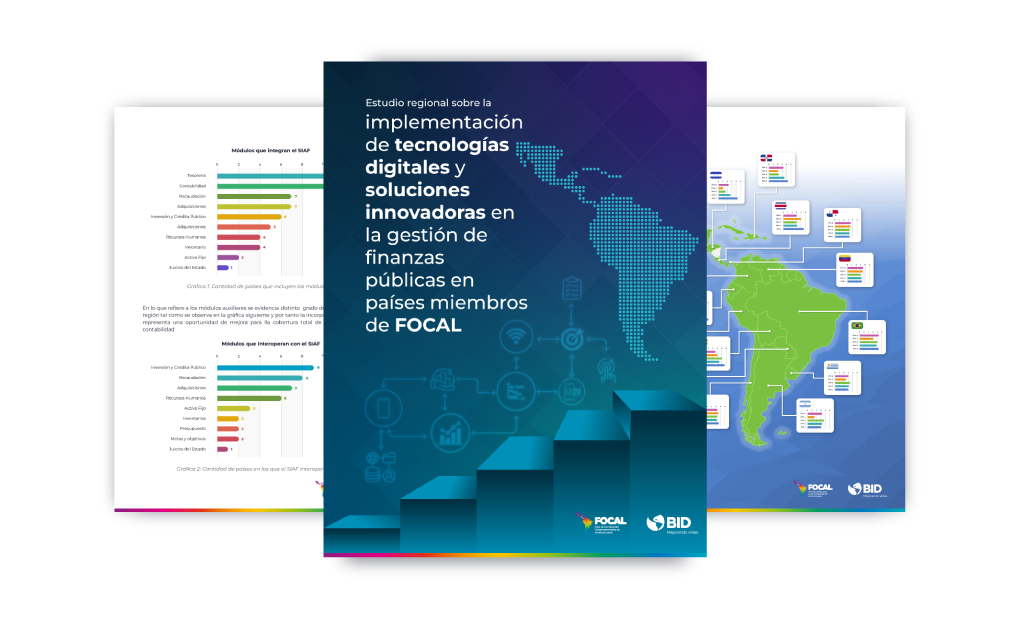
-
-
- AI
-
-
Artificial IntelligenceLearn moreAdvanced Artificial Intelligence (AI) and Big Data solutions that transform the way organizations make decisions and optimize their operations. We specialize in the development of intelligent autonomous agents and generative AI solutions using large language models (LLMs), both on local infrastructure and in the cloud.
-
- Press Room
-
-
Sustainable development
-
-
-
Interviews
 16/06/2025Virtual Threads in Java
16/06/2025Virtual Threads in Java
-
- Innovation
-
-
#GreenSofisMore information
Methodology
#GreenSofisSustainable Digital Transformation Conference
#GreenPath
-
-
-
AI For Everything
It is an initiative by Sofis Solutions, from the Intelligent Solutions Division, that promotes the adoption of artificial intelligence as a key driver of efficiency and effectiveness in the intelligent era.
It integrates both administrative and operational processes, promoting an organizational evolution where technology amplifies knowledge, optimizes decision-making, and generates value in a sustainable and inclusive way.
More information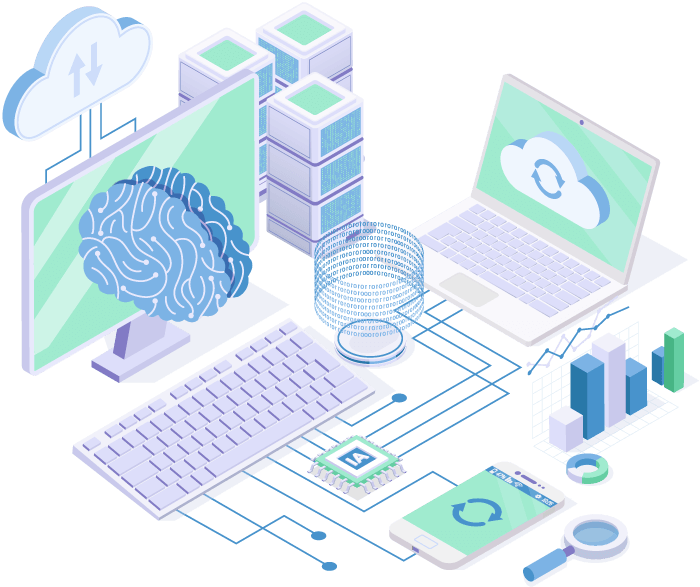
-
- Contact us
- ES PT-PT
-

Green Big Data: A Key Approach to Reducing Environmental Footprint
Montevideo, January 6, 2023.
Big Data provides organizations with the ability to analyze and understand their data more efficiently. Through this discipline, costs and time are reduced, new products and/or services are developed, more strategic decisions are made, new business opportunities are identified, and a positive contribution to the environment is achieved.
Data is fundamental for any organization, and it can be modeled or processed according to requirements. Big Data also contributes to reducing negative environmental impact through its approach called Green Big Data.
Green Big Data focuses on gathering valuable information that can be used to monitor, analyze, and address environmental problems and/or conflicts, such as global warming, illegal deforestation, water management, weather events, pollution levels, among others.
With the emergence of new technologies and analytical approaches, it is possible to improve the quality of life for people, the planet, and contribute to economic growth. In the following interview, Eng. Gilberto Mendoza, Services Coordinator at Sofis Solutions, shares the impact of Green Big Data on the environment and its contribution to the Sustainable Development Goals (SDGs).
How does Big Data contribute to environmental protection?
The 2030 Agenda for Sustainable Development addresses social, economic, and environmental objectives and targets. Implementing these actions requires high-quality, up-to-date, and cost-effective information. Through Big Data, it is possible to identify repetitive patterns and valuable information that allows applying more effective and environmentally responsible solutions.
Why is Big Data so important and what types of solutions can it provide?
Having high-quality data is essential to monitor impacts and address environmental problems. Analyzing this data becomes crucial for understanding societal needs and for formulating evidence-based environmental policies.
Solutions are diverse and varied. Each natural resource or factor of environmental degradation can be analyzed, such as air quality, water management, agriculture, among others.
What Sustainable Development-related applications have been created using Big Data?
The United Nations (UN) has carried out the Global Pulse initiative, which uses Big Data analysis to support Sustainable Development.
Environmental Big Data analysis has multiple uses, including:
• Use of Artificial Intelligence technologies or constructing air quality models to predict air quality 24–72 hours in advance.
• Water management, such as detecting leaks in networks and enabling more efficient consumption through real-time data.
• Detecting areas with high energy consumption.
• Agriculture, improving field productivity through data collection processes, such as soil moisture percentage, among others.
What types of environmental risks can Big Data help detect?
Our society and environment face critical risks, with increasing noticeable reversible and irreversible damages. Decisions taken to improve these situations will shape the living conditions of future generations.
Some risks Big Data can help detect include:
• Biodiversity loss and environmental degradation
• Climate change
• Lack of information for decision-making that truly benefits the environment
• Planning that is not environmentally friendly
How does Big Data contribute to the Sustainable Development Goals?
Based on the premise that Big Data can generate knowledge from large volumes of data, it can be used to analyze the environmental impact of organizational operations and plan actions to reduce carbon footprint and other pollutants.
How is Big Data integrated into environmental sustainability?
The process of integrating Big Data into environmental sustainability varies by organization, depending on industry and size. Some key steps include:
• Organizations must identify critical environmental impact points in their supply chain.
• They must establish a framework of key decisions using advanced analytics to select the most appropriate and sustainable options.
• Establish collaborative agreements with other stakeholders committed to the Sustainable Development Goals (SDGs).
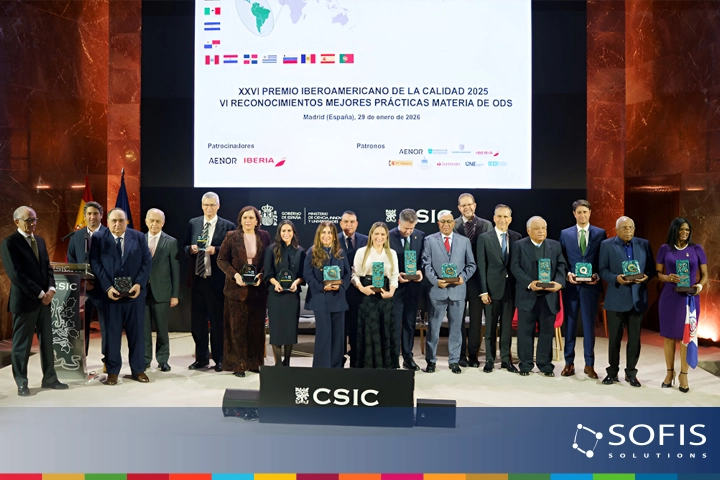
Madrid, January 29, 2026 – Sofis Solutions was honored with the Silver Award at the 2025 Ibero-American Quality Award, the highest recognition for exc......
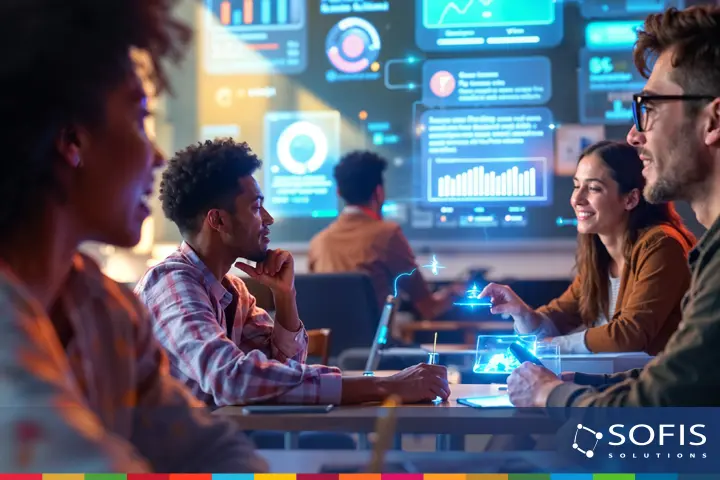
In this interview we talked with the Software Engineering Group of Sofis Solutions, a team that has been actively working on the evolution of its deve...

On November 20th, the pilot edition of Creative Bureaucracy UY 2025 took place at the Sala Verdi, the local precursor to the Creative Bureaucracy Fest...












 Digital Signature
Digital Signature BionA Suite
BionA Suite Biona SIgn
Biona SIgn